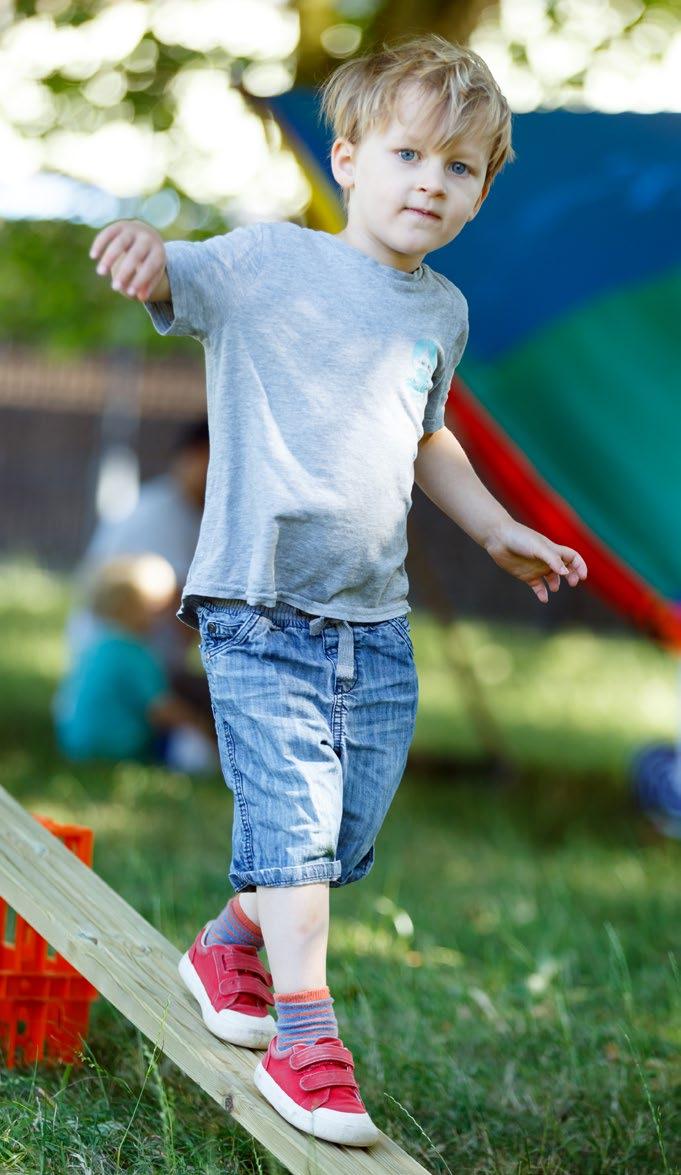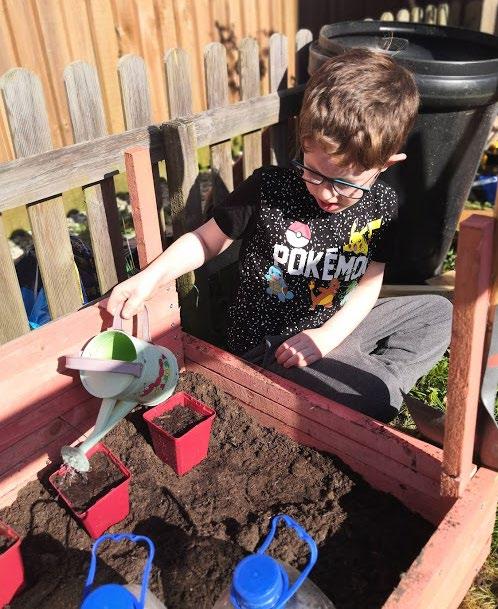
2 minute read
Safe places to play improves well-being
Having a safe area to play in their community greatly improves child well-being, according to children themselves. This is what a HAPPEN study has found – the researchers tell us more about their findings.
About HAPPEN Health and Attainment of Pupils in a Primary Education Network (HAPPEN) is a network which brings together education, health and research in line with the new curriculum proposals for health and well-being. The network aims to develop a better understanding of school needs and have a more collaborative approach with schools when developing school-based interventions to improve health, well-being and education outcomes of children.
Advertisement
HAPPEN As part of a recent HAPPEN study children filled in an online questionnaire about their health and well-being, which was developed by children. Responses from over 3000 children aged between 8 and 11 years old were analysed to understand what influenced their well-being. To limit the influence of their own adult bias on the analysis, the researchers used an artificial intelligence method for the analysis. The researchers used a method called decision trees which looks at what things can discriminate a child who has high well-being from a child who has low well-being, using all the data available.
Safe play area The question, ‘How safe do you feel playing in your area?’ was the one that best identified children with good well-being. In total, 94 percent of children who felt safe playing in their area had high levels of well-being.
If a child reported to not feel safe playing in their area, then the next most important question was if they felt ‘nobody likes me’. If a child lived in an area that they felt unsafe to play in and felt no one liked them, then only 23 percent reported good well-being. However, if they felt liked (but lived in an area that felt unsafe to play) then 43.3 percent (twice as many) had good well-being.
But, the bottom line is that in areas where children do not feel safe to play, the majority of children have poorer well-being. Having a safe area to play in the community is the single most important factor in children’s self-reported well-being.
Influence of coronavirus The data was collected before coronavirus, therefore does not consider the impact of the physical distancing and isolation restrictions put in place. However, it is likely that additional strain will be experienced by children, as many of their support networks (playing with friends, family and support in school) will be disrupted. This study identified that when a child has a safe area to play in their community, it is of great significance to their well-being. After the restrictions came into force, the ability to play with others in a safe space will be even more important for children’s well-being.
Acknowledgements This work was supported by Health Data Research UK, an initiative funded by UK Research and Innovation, Department of Health and Social Care (England) and the devolved administrations, and leading medical research charities.









